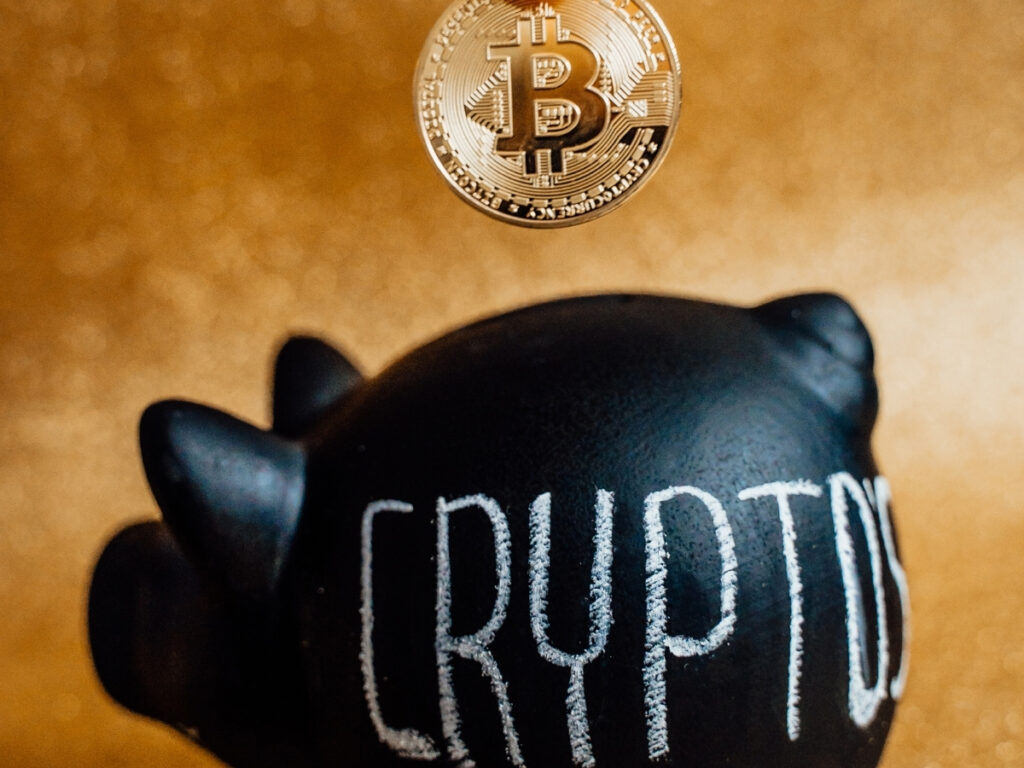Introduction
Cryptocurrency has revolutionized finance by introducing decentralized systems, peer-to-peer transfers, and digital ownership without traditional intermediaries. Yet, this disruptive technology also brings with it a host of ethical, environmental, and economic dilemmas. In response to these challenges, Sidra Chain—a decentralized blockchain network—emerges as a forward-thinking platform rooted in Islamic finance principles. It aims to combine the benefits of blockchain technology with a strict commitment to ethics, transparency, and sustainability.
This content explores the broader landscape of crypto, its strengths and weaknesses, and how Sidra Chain is leading a new ethical movement within the blockchain space.
Understanding Cryptocurrency: Opportunity and Risk
Cryptocurrency is more than digital money—it’s a redefinition of how value, identity, and ownership function in a digital world. However, it is not without its drawbacks.
Key Advantages of Cryptocurrency
1. Decentralization of Power
By eliminating central authorities like banks or governments, cryptocurrency gives users control over their own assets, reducing single points of failure.
2. Global Accessibility
Anyone with internet access and a smartphone can participate in the crypto economy, making it a potentially powerful tool for financial inclusion.
3. Fast, Low-Cost Transactions
Cryptocurrency allows instant peer-to-peer transfers, often with lower fees than traditional banking systems, especially for international remittances.
4. Innovation Through Programmable Money
With smart contracts, cryptocurrencies can execute automated agreements, powering decentralized applications (dApps) in areas like gaming, finance, and governance.
5. Transparent, Immutable Ledger
Blockchain ensures a tamper-proof record of all transactions, which enhances accountability and reduces fraud.
Major Disadvantages of Cryptocurrency
1. High Volatility
The rapid fluctuations in crypto prices make it difficult for businesses and consumers to rely on digital assets for daily transactions or savings.
2. Security Risks and Fraud
Many users are exposed to hacking, rug pulls, and phishing attacks, often due to insufficient regulation and oversight.
3. Lack of Ethical Oversight
Many crypto projects operate in industries or models that contradict ethical, religious, or social standards—ranging from gambling platforms to speculative tokens.
4. Environmental Impact
Traditional mining methods, such as those used in Bitcoin, are energy-intensive and contribute significantly to carbon emissions.
5. Regulatory Uncertainty
With differing laws across countries, users and investors often face legal ambiguity, limiting adoption and innovation.
Sidra Chain: A Blockchain Network with a Moral Compass
Sidra Chain offers a decentralized, ethical alternative to mainstream blockchain platforms. Designed around Islamic finance principles, it provides a network that is secure, efficient, and aligned with human and environmental values.
Sidra Chain’s foundation is not exclusive to Muslims—it offers value to anyone seeking principled, transparent, and fair participation in the digital economy.
Core Features That Define Sidra Chain
1. Shariah-Compliant Architecture
Sidra Chain forbids the use of interest (riba), excessive speculation (gharar), and involvement in harmful or immoral industries. Every transaction and protocol within the platform is designed to meet Islamic finance standards.
2. SDA Token: A Utility Asset with Ethical Purpose
Sidra Chain’s native token, SDA, supports everyday transactions, access to decentralized services, and staking opportunities—all within a compliant and transparent framework.
3. Green, Mobile-Based Mining
Sidra Chain’s low-energy mining method allows users to earn tokens via mobile devices. This reduces the ecological footprint associated with mining and broadens participation by removing the need for expensive equipment.
4. Sidra Bank Integration
Sidra Bank is a digital financial institution built into the Sidra Chain ecosystem. It offers savings, lending, and transfer services that comply with Islamic principles—without interest or hidden fees.
5. Transparent Zakat and Donation System
Charitable giving is deeply integrated into Sidra Chain’s blockchain. Zakat, sadaqah, and waqf donations are tracked and verified in real-time, ensuring that funds are used for their intended purposes.
Practical Use Cases of Sidra Chain
- Halal Crowdfunding Platforms: Startups and ventures can raise funds from ethically-minded investors.
- Faith-Based Microfinance: Individuals and small businesses can access interest-free capital through Shariah-compliant models.
- Ethical Investment Management: Tokenized Islamic finance products such as sukuk or mudarabah contracts.
- Zakat Management Systems: Blockchain-backed tools for efficient, transparent, and accountable distribution of charitable funds.
How Sidra Chain Compares to Traditional Blockchains
| Feature | Conventional Crypto | Sidra Chain |
|---|---|---|
| Ethical Screening | Not enforced | Mandatory Shariah compliance |
| Interest-bearing Models | Often present | Completely excluded |
| Mining Process | Energy-intensive | Mobile, low-energy solution |
| Charitable Tracking | Limited or absent | Fully traceable on-chain |
| Regulatory Alignment | Varies | Guided by Islamic finance |
Overcoming Common Challenges
Though visionary, Sidra Chain faces challenges common to emerging technologies:
1. Market Education
Bridging the gap between traditional finance and blockchain requires widespread education, especially for audiences unfamiliar with Islamic finance or crypto.
2. Adoption and Ecosystem Growth
Creating an active developer and user community is crucial. Sidra Chain is working to build dApps and services that bring real utility to its users.
3. Global Compliance
The platform must navigate international financial regulations while maintaining strict ethical boundaries.
4. Scalability and Performance
To support mainstream use, Sidra Chain continues to enhance its infrastructure for scalability, speed, and cost-efficiency.
Why Sidra Chain Matters in Today’s Crypto World
As the cryptocurrency industry matures, users are demanding more than just fast transactions and digital tokens—they want systems they can trust and values they can align with. Sidra Chain answers this call by embedding morality, fairness, and environmental care into its core structure.
This positions it as more than a blockchain—it becomes a tool for financial dignity, social justice, and ethical innovation.
Sidra Chain promotes:
- Wealth building with integrity
- Giving with transparency
- Technology guided by values
Conclusion
The future of cryptocurrency will be shaped not just by technology, but by the values we build into it. Sidra Chain is a shining example of how blockchain can serve both progress and principle. In a time when financial tools often ignore ethical consequences, Sidra Chain offers a decentralized solution that respects people, the planet, and religious guidelines.
As more users seek ethical alternatives in the crypto space, Sidra Chain is poised to lead—not just as a blockchain network, but as a model for what responsible innovation should look like in a decentralized world.

